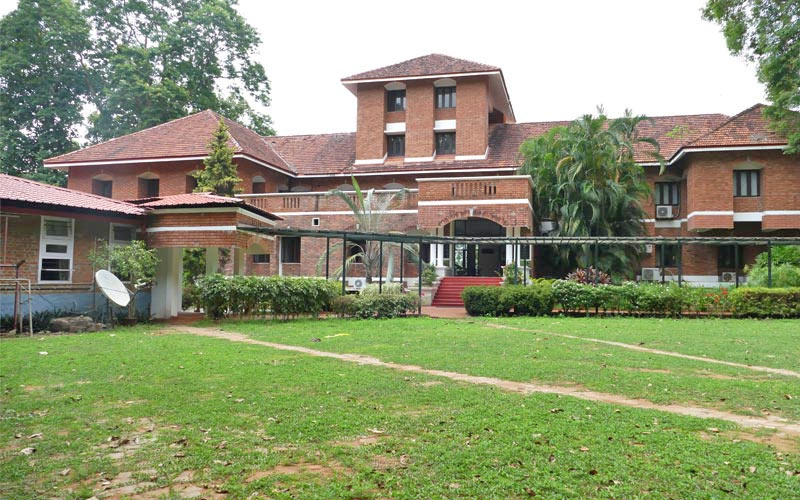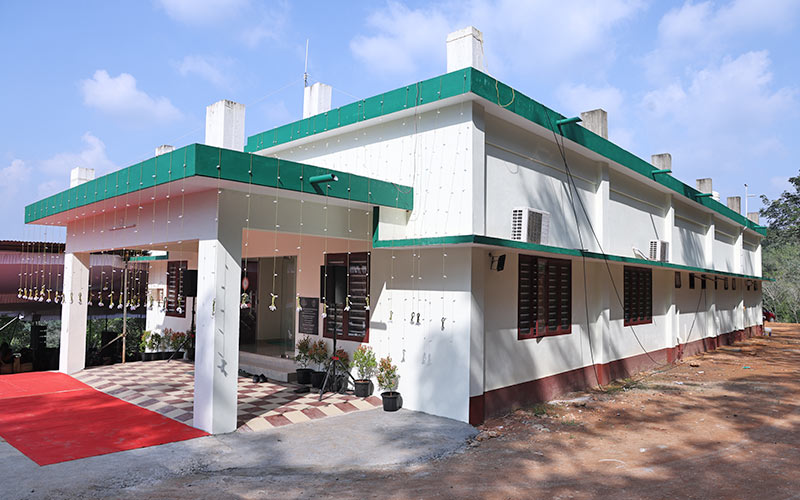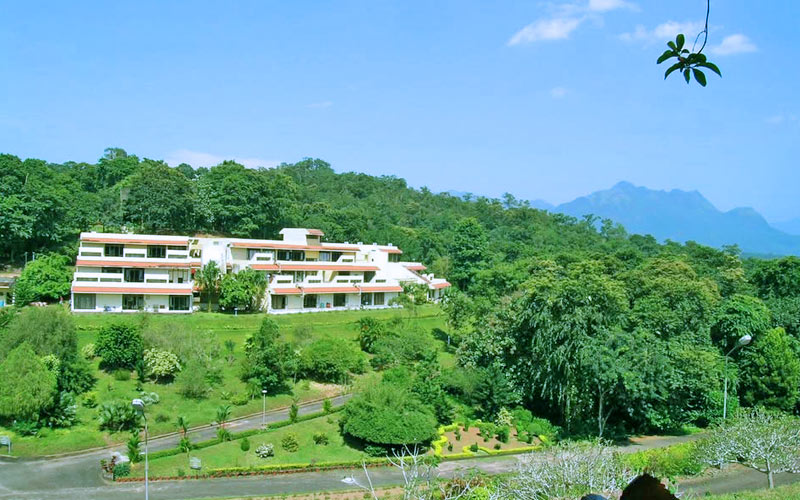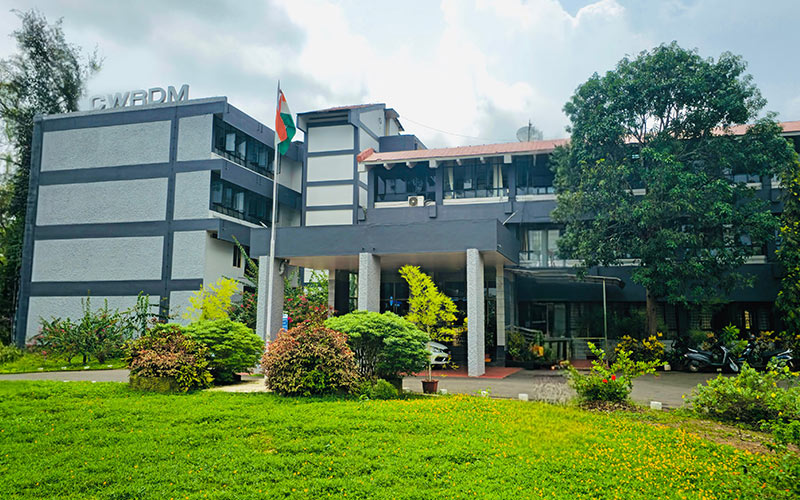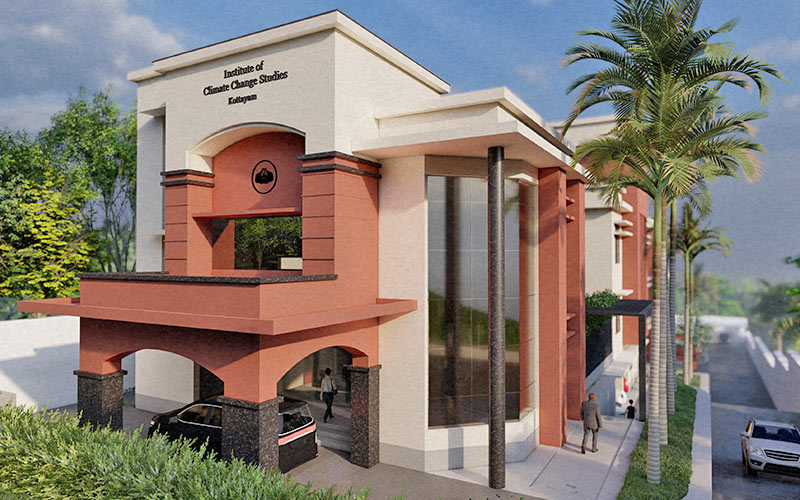- 0 Comments
- External Projects, Science Popularisation, Student Programmes
The National Children’s Science Congress (NCSC) is a program that aims to cultivate scientific curiosity among children across the country. The program encourages the use of scientific methods to explore and comprehend everyday problems related to their immediate surroundings. It is an inclusive program that welcomes children from all backgrounds, whether they are in or out of school, and regardless of their geographic, language, and cultural backgrounds. Children with disabilities are also welcomed. Through hands-on experience and the scientific method, the NCSC inspires children to explore, innovate, and discover scientific concepts. The Kerala State Council for Science, Technology, and Environment (KSCSTE) serves as the State Nodal agency for implementing the Children’s Science Congress program, which involves schools from diverse socio-economic backgrounds across the State. Features Programme to spread the concept of science among children through their project activities. Adopting the principle “Learning through doing”, Encourage children to observe, explore, experiment and wonder through the project activity. Eligibility NCSC is usually a group activity of two children of same age group. The children within the age group of 10 to 17 years are eligible to participate. The children of 10 to 14 years are considered as junior group and 14+ to 17 years as senior group as on the 31st December of the calendar year of participation. A group of children with two can do the project study under a teacher guide. (It is not mandatory that the guide must be a school teacher; rather any person with a fair knowledge about science and have the aptitude dealing with children can guide the CSC Project. Children under CWD group will have no restrictions of age group. Usually sixth to ninth standard children will come under junior group and tenth to twelfth standard children under senior group, irrespective of their ages. Contact Dr. P. Harinarayanan Senior Principal Scientist & State Coordinator National Children’s Science Congress Kerala State Council for Science, Technology and Environment (KSCSTE) Sasthra Bhavan, Pattom, Thiruvananthapuram-4 Tel: 0471- 2548299/2548495 E-mail : ncsckerala@gmail.com Downloads Guidelines Activity Guide Registration Form (A)
Explore More

